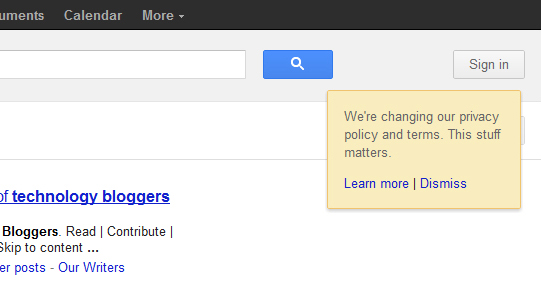About a year ago, I started blogging on a niche topic, hoping to earn some income from it just like many other bloggers out there today. However, nothing comes easy and I have been through a lot in that one year period. In this entry, I would like to share the pain when I started out, by telling you the five biggest mistakes I made.
1. Meaningless domain name
I started out by naming my blog and want to find a domain name as close as possible to the name of my blog. On top of that, I have the fear as well to have a long domain name because it is difficult to remember. As a result, I ended up creating a totally meaningless domain name which I still have the regret today. People find it hard to determine the niche of my site just by reading the domain name. The lesson learned here is to have a domain name which can represent your niche as close as possible.
2. No keyword research
 After I had gained some experience in blogging and internet marketing, I begin to realize the importance of keyword research. It does not only help you to define the objective of your blog, but also identify your competitors. Keyword research can be pretty boring and that is why I made a mistake to skip it first, research later. The lesson which I learned here is to research first, write later.
After I had gained some experience in blogging and internet marketing, I begin to realize the importance of keyword research. It does not only help you to define the objective of your blog, but also identify your competitors. Keyword research can be pretty boring and that is why I made a mistake to skip it first, research later. The lesson which I learned here is to research first, write later.
3. A niche topic without focus
My niche is IT security and I know that I am going to write about security. Why is that not good enough? Because it is too general. During my first month, I had been writing everything about IT security such as news, tips and tricks, reviews, network security, computer security, internet security and many more. Readers that come to my blog can’t see the purpose of the existence of my blog and I think I failed terribly there. The lesson which I learned here is to start a topic in a very focused way, even if the target audience size is small and grow slowly from there.
4. Spamming dofollow backlinks
Everyone here knows the importance of “dofollow” links. In order for anyone of us to rank well in Google and other search engines, you have to build a lot of “dofollow” links. I build plenty of them from “dofollow” forums and none of them give me any boost in SEO. The lesson I learnt here is to spend more time writing quality content, which other bloggers will want to link to.
5. Started out with Blogspot
Have any of you tried migrating your blog from Blogspot to self-hosted WordPress? It is not really difficult but can take a lot of time to amend your previous posts to fit into your WordPress theme properly. If you really want to blog seriously, invest into web hosting and a domain name because they are not really that expensive.
What about your blogging mistakes? Have you done anything which you still regret today?


